Running Serverless Puppeteer with Workers and Durable Objects

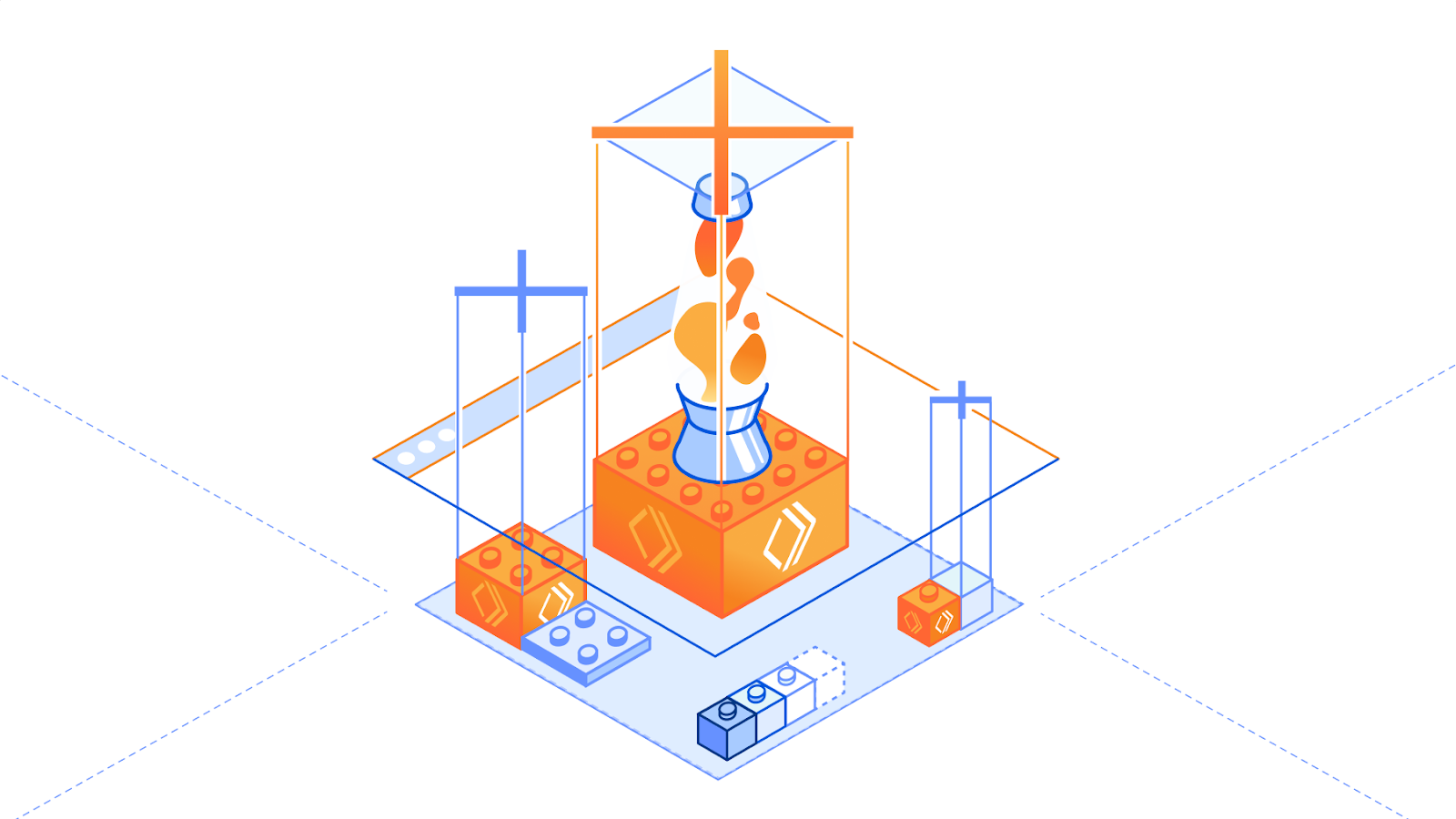
Last year, we announced the Browser Rendering API – letting users running Puppeteer, a browser automation library, directly in Workers. Puppeteer is one of the most popular libraries used to interact with a headless browser instance to accomplish tasks like taking screenshots, generating PDFs, crawling web pages, and testing web applications. We’ve heard from developers that configuring and maintaining their own serverless browser automation systems can be quite painful.
The Workers Browser Rendering API solves this. It makes the Puppeteer library available directly in your Worker, connected to a real web browser, without the need to configure and manage infrastructure or keep browser sessions warm yourself. You can use @cloudflare/puppeteer to run the full Puppeteer API directly on Workers!
We’ve seen so much interest from the developer community since launching last year. While the Browser Rendering API is still in beta (sign up to our waitlist to get access), we wanted to share a way to get more out of our current limits by using the Browser Rendering API with Durable Objects. We’ll also be sharing pricing for the Rendering API, so you can build knowing exactly what you’ll pay for.
Building a responsive web design testing tool with the Continue reading
A Socket API that works across JavaScript runtimes — announcing a WinterCG spec and Node.js implementation of connect()


Earlier this year, we announced a new API for creating outbound TCP sockets — connect(). From day one, we’ve been working with the Web-interoperable Runtimes Community Group (WinterCG) community to chart a course toward making this API a standard, available across all runtimes and platforms — including Node.js.
Today, we’re sharing that we’ve reached a new milestone in the path to making this API available across runtimes — engineers from Cloudflare and Vercel have published a draft specification of the connect() sockets API for review by the community, along with a Node.js compatible implementation of the connect() API that developers can start using today.
This implementation helps both application developers and maintainers of libraries and frameworks:
- Maintainers of existing libraries that use the node:net and node:tls APIs can use it to more easily add support for runtimes where node:net and node:tls are not available.
- JavaScript frameworks can use it to make connect() available in local development, making it easier for application developers to target runtimes that provide connect().
Why create a new standard? Why connect()?
As we described when we first announced connect(), to-date there has not been a standard API across JavaScript runtimes for creating and Continue reading
Cloudflare Integrations Marketplace introduces three new partners: Sentry, Momento and Turso
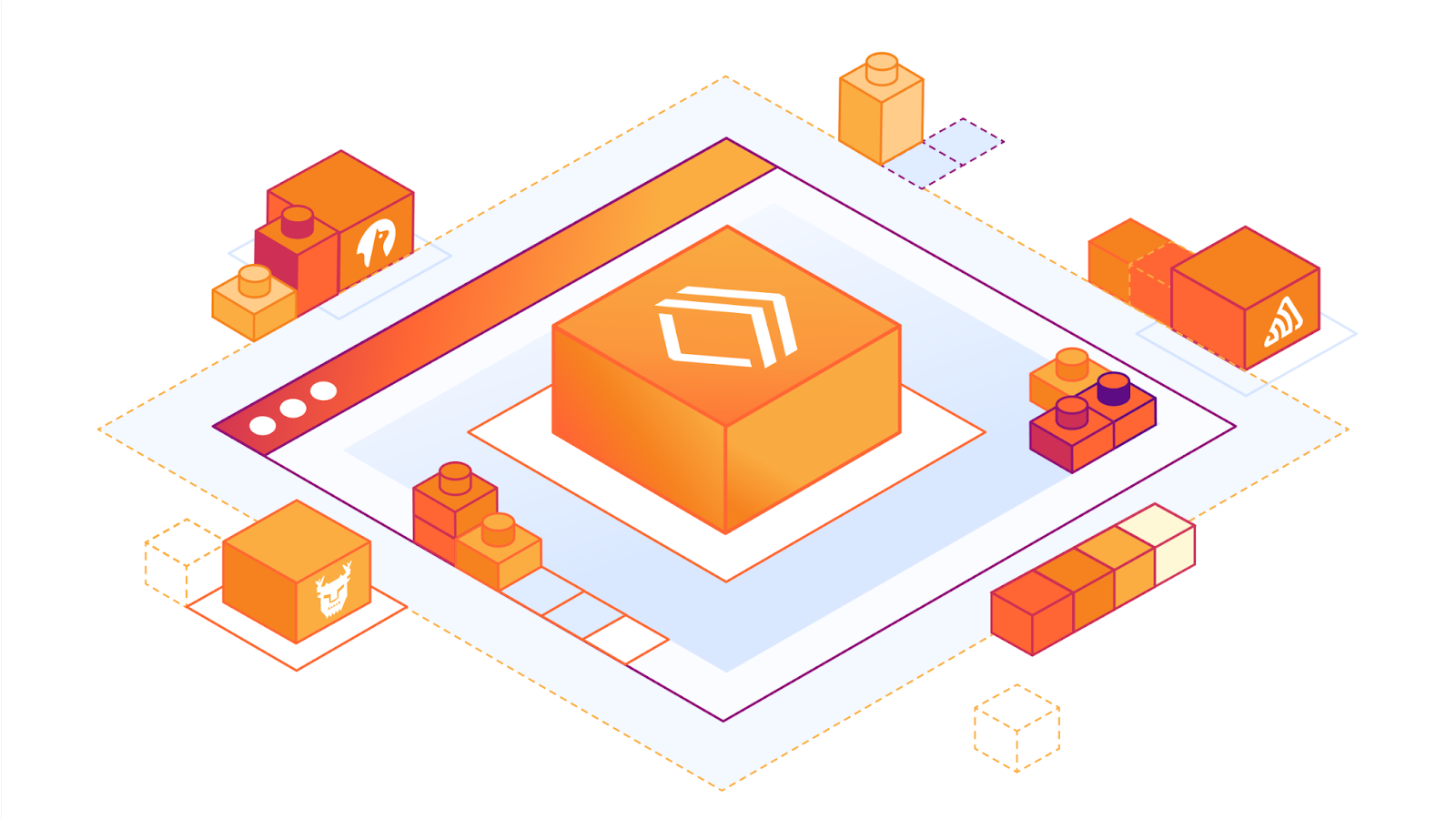
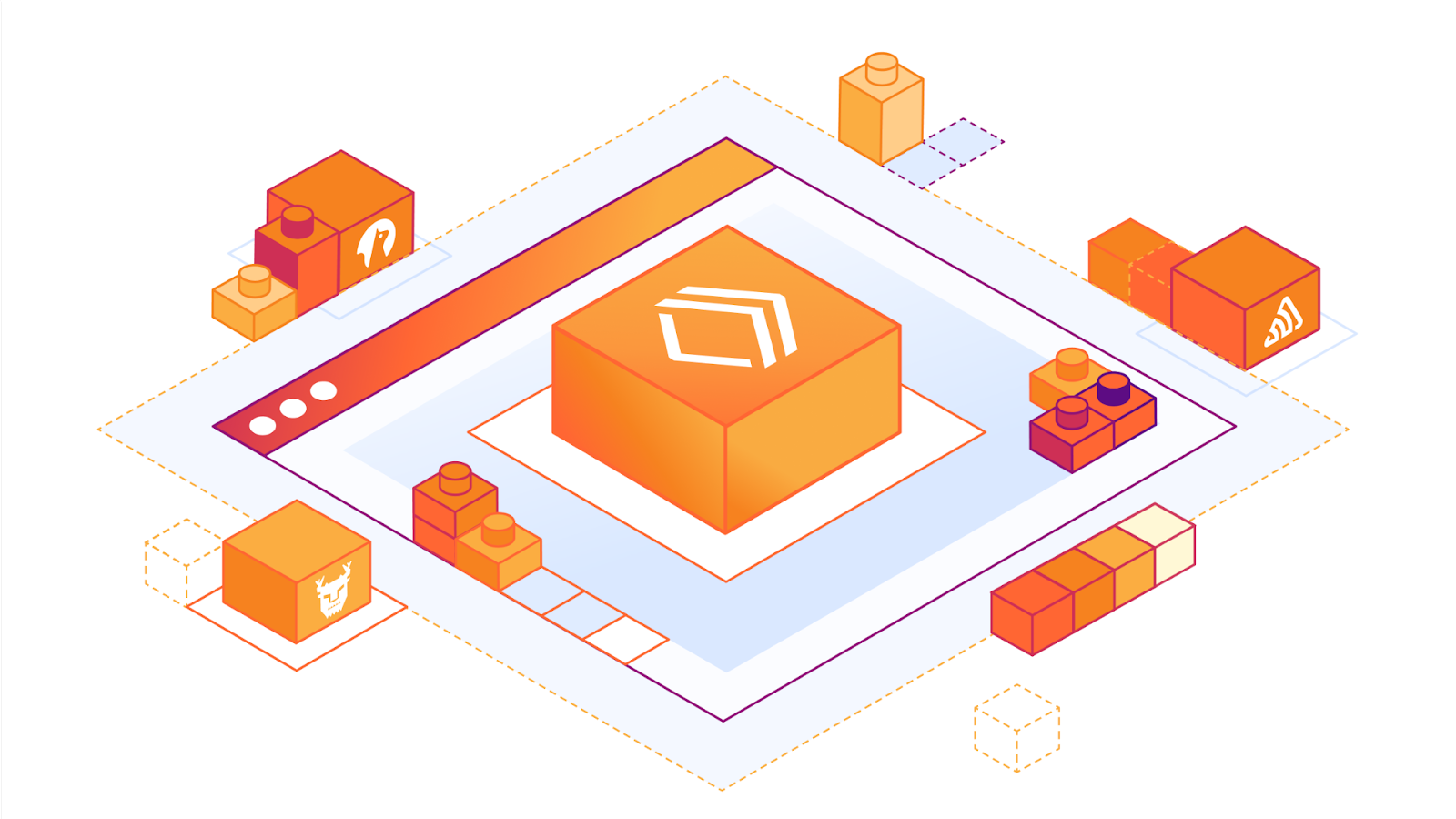
Building modern full-stack applications requires connecting to many hosted third party services, from observability platforms to databases and more. All too often, this means spending time doing busywork, managing credentials and writing glue code just to get started. This is why we’re building out the Cloudflare Integrations Marketplace to allow developers to easily discover, configure and deploy products to use with Workers.
Earlier this year, we introduced integrations with Supabase, PlanetScale, Neon and Upstash. Today, we are thrilled to introduce our newest additions to Cloudflare’s Integrations Marketplace – Sentry, Turso and Momento.
Let's take a closer look at some of the exciting integration providers that are now part of the Workers Integration Marketplace.
Improve performance and reliability by connecting Workers to Sentry
When your Worker encounters an error you want to know what happened and exactly what line of code triggered it. Sentry is an application monitoring platform that helps developers identify and resolve issues in real-time.
The Workers and Sentry integration automatically sends errors, exceptions and console.log() messages from your Worker to Sentry with no code changes required. Here’s how it works:
- You enable the integration from the Cloudflare Dashboard.
- The credentials from the Sentry project of Continue reading
Cloudflare is now powering Microsoft Edge Secure Network
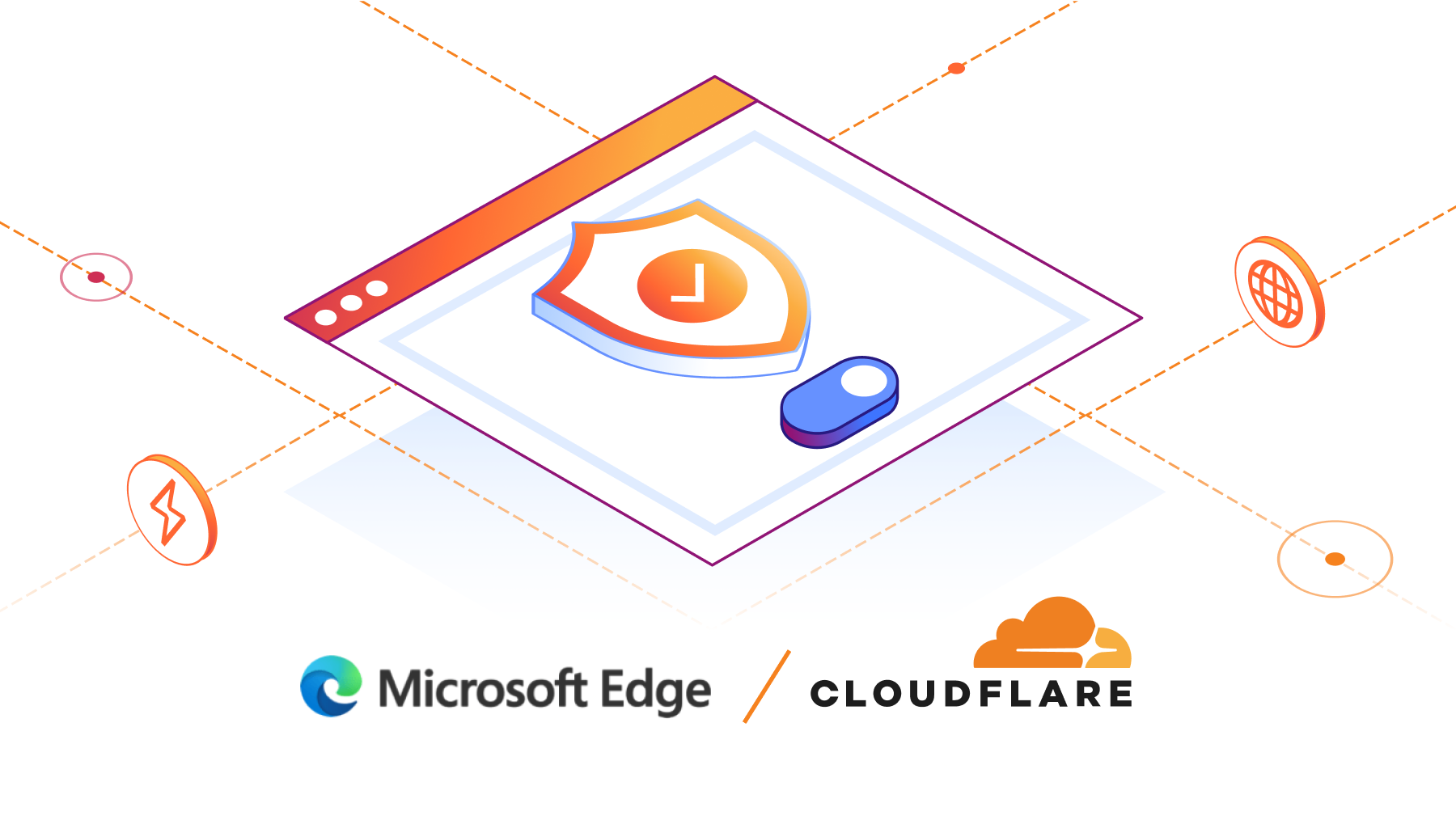

Between third-party cookies that track your activity across websites, to highly targeted advertising based on your IP address and browsing data, it's no secret that today’s Internet browsing experience isn’t as private as it should be. Here at Cloudflare, we believe everyone should be able to browse the Internet free of persistent tracking and prying eyes.
That’s why we’re excited to announce that we’ve partnered with Microsoft Edge to provide a fast and secure VPN, right in the browser. Users don’t have to install anything new or understand complex concepts to get the latest in network-level privacy: Edge Secure Network VPN is available on the latest consumer version of Microsoft Edge in most markets, and automatically comes with 5 GB of data. Just enable the feature by going to [Microsoft Edge Settings & more (…) > Browser essentials, and click Get VPN for free]. See Microsoft’s Edge Secure Network page for more details.
Cloudflare’s Privacy Proxy platform isn’t your typical VPN
To take a step back: a VPN is a way in which the Internet traffic leaving your device is tunneled through an intermediary server operated by a provider – in this case, Cloudflare! There are many important pieces that Continue reading
D1: open beta is here
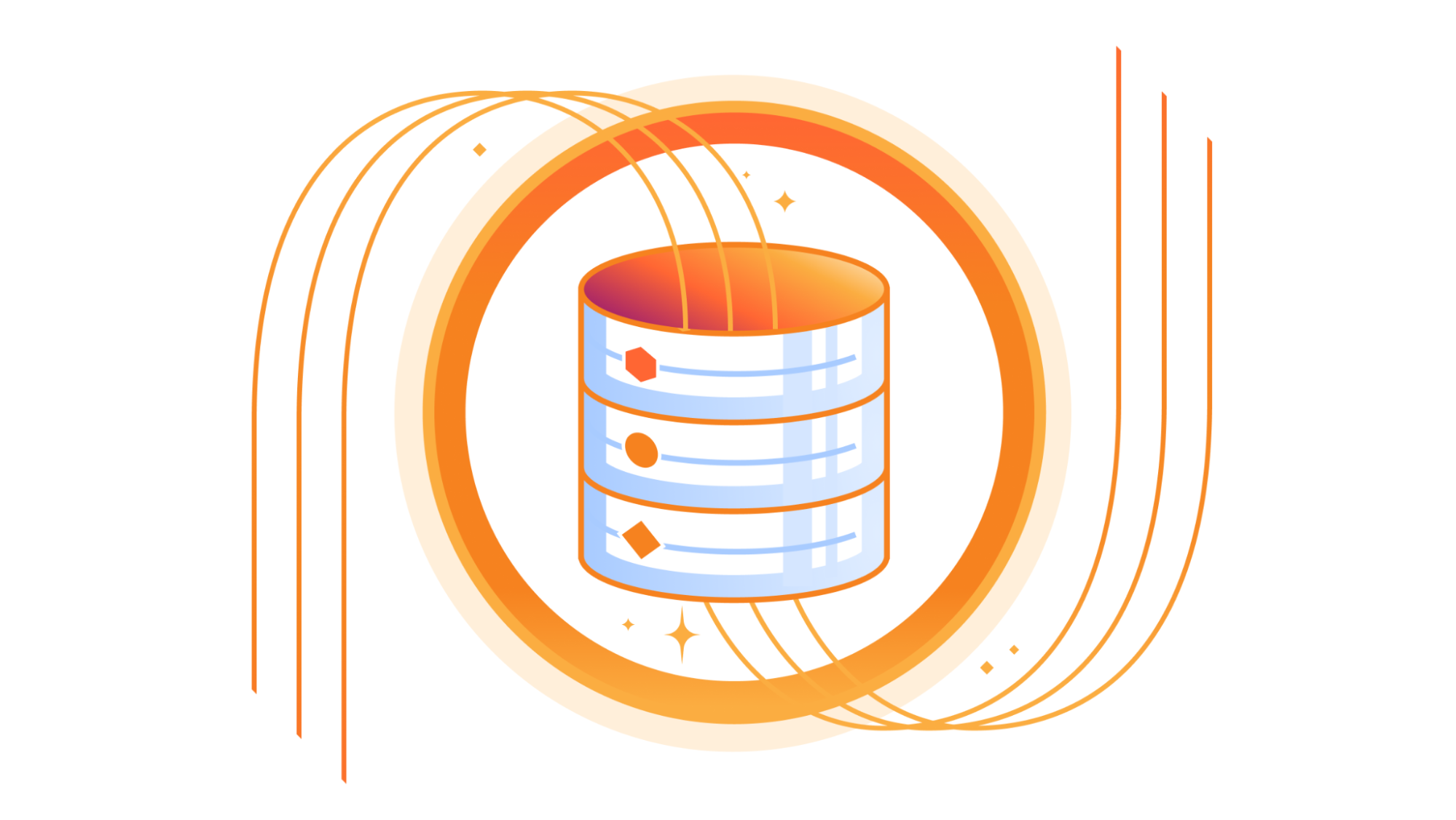
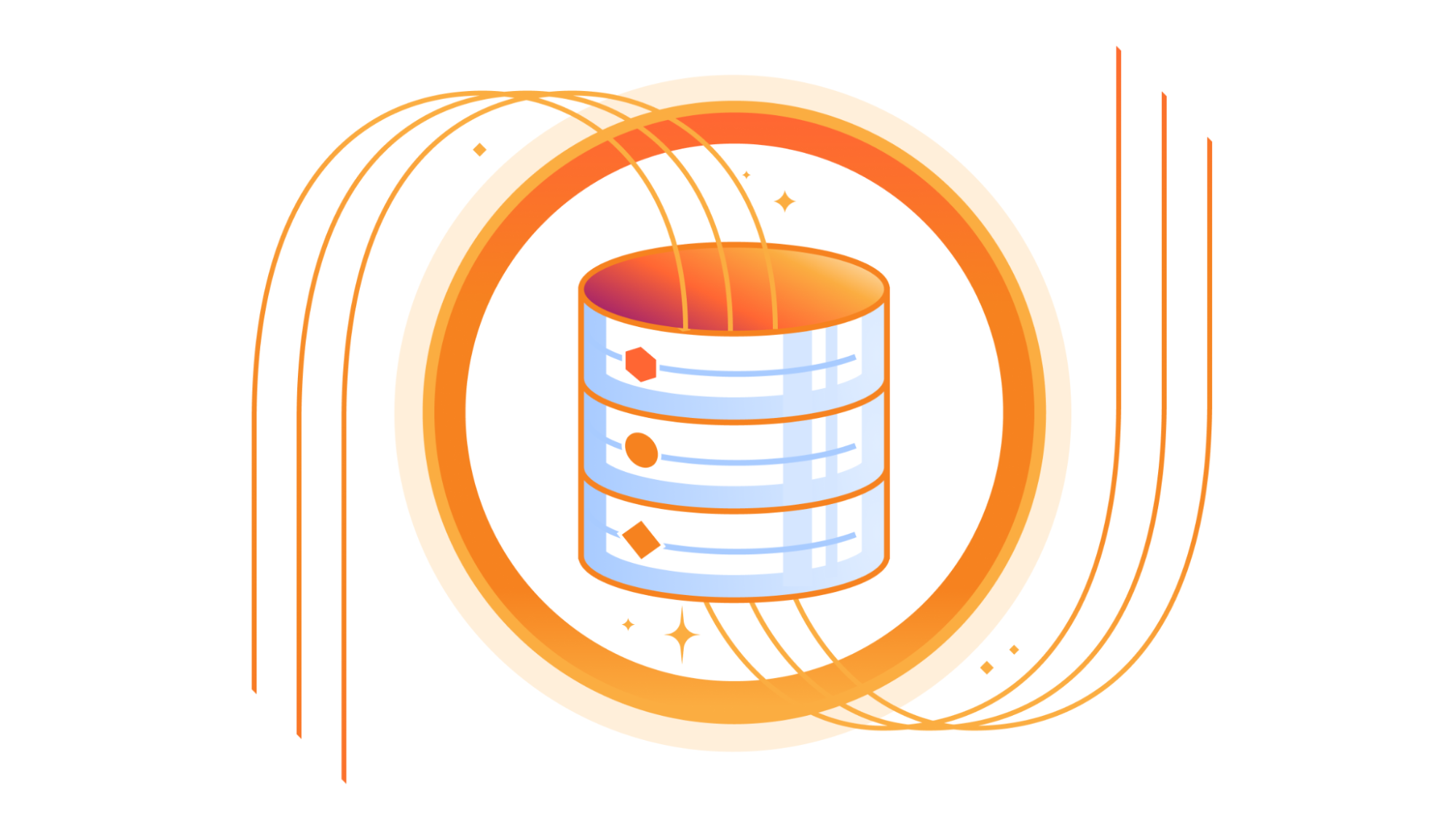
D1 is now in open beta, and the theme is “scale”: with higher per-database storage limits and the ability to create more databases, we’re unlocking the ability for developers to build production-scale applications on D1. Any developers with an existing paid Workers plan don’t need to lift a finger to benefit: we’ve retroactively applied this to all existing D1 databases.
If you missed the last D1 update back during Developer Week, the multitude of updates in the changelog, or are just new to D1 in general: read on.
Remind me: D1? Databases?
D1 our native serverless database, which we launched into alpha in November last year: the queryable database complement to Workers KV, Durable Objects and R2.
When we set out to build D1, we knew a few things for certain: it needed to be fast, it needed to be incredibly easy to create a database, and it needed to be SQL-based.
That last one was critical: so that developers could a) avoid learning another custom query language and b) make it easier for existing query buildings, ORM (object relational mapper) libraries and other tools to connect to D1 with minimal effort. From this, we’ve seen a Continue reading
New Workers pricing — never pay to wait on I/O again
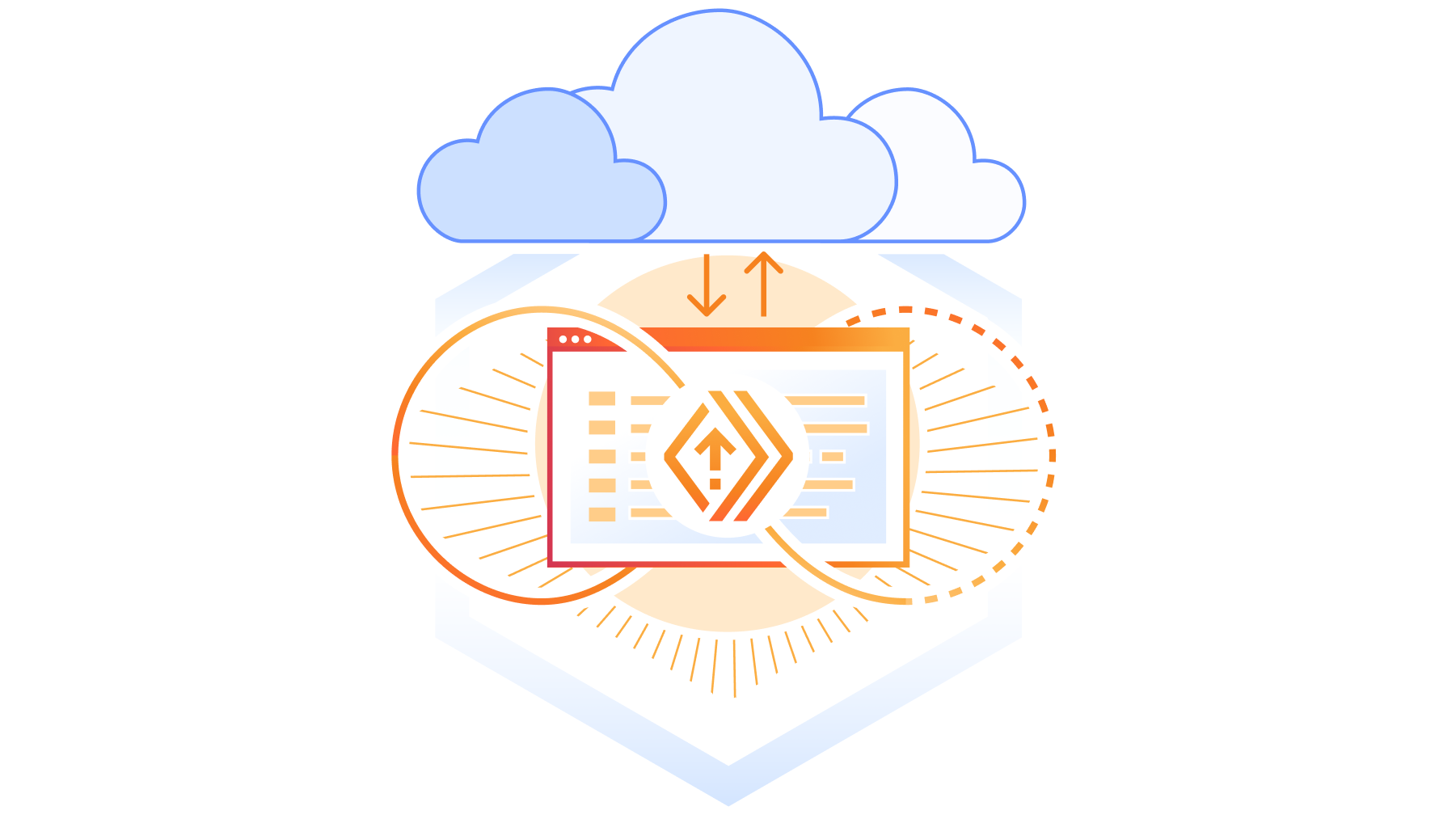

Today we are announcing new pricing for Cloudflare Workers and Pages Functions, where you are billed based on CPU time, and never for the idle time that your Worker spends waiting on network requests and other I/O. Unlike other platforms, when you build applications on Workers, you only pay for the compute resources you actually use.
Why is this exciting? To date, all large serverless compute platforms have billed based on how long your function runs — its duration or “wall time”. This is a reflection of a new paradigm built on a leaky abstraction — your code may be neatly packaged up into a “function”, but under the hood there’s a virtual machine (VM). A VM can’t be paused and resumed quickly enough to execute another piece of code while it waits on I/O. So while a typical function might take 100ms to run, it might typically spend only 10ms doing CPU work, like crunching numbers or parsing JSON, with the rest of time spent waiting on I/O.
This status quo has meant that you are billed for this idle time, while nothing is happening.
With this announcement, Cloudflare is the first and only global serverless platform to Continue reading
You can now use WebGPU in Cloudflare Workers
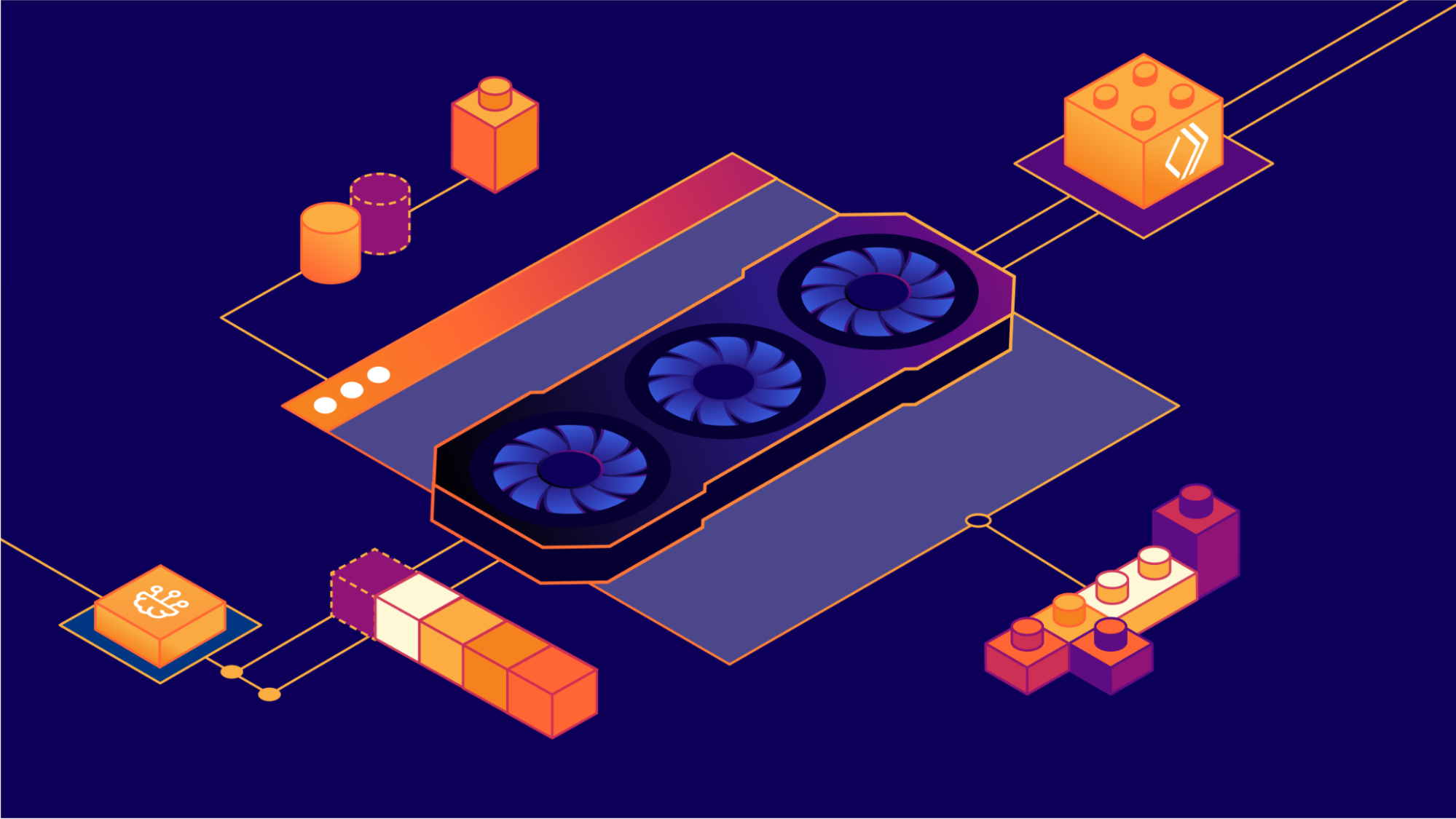
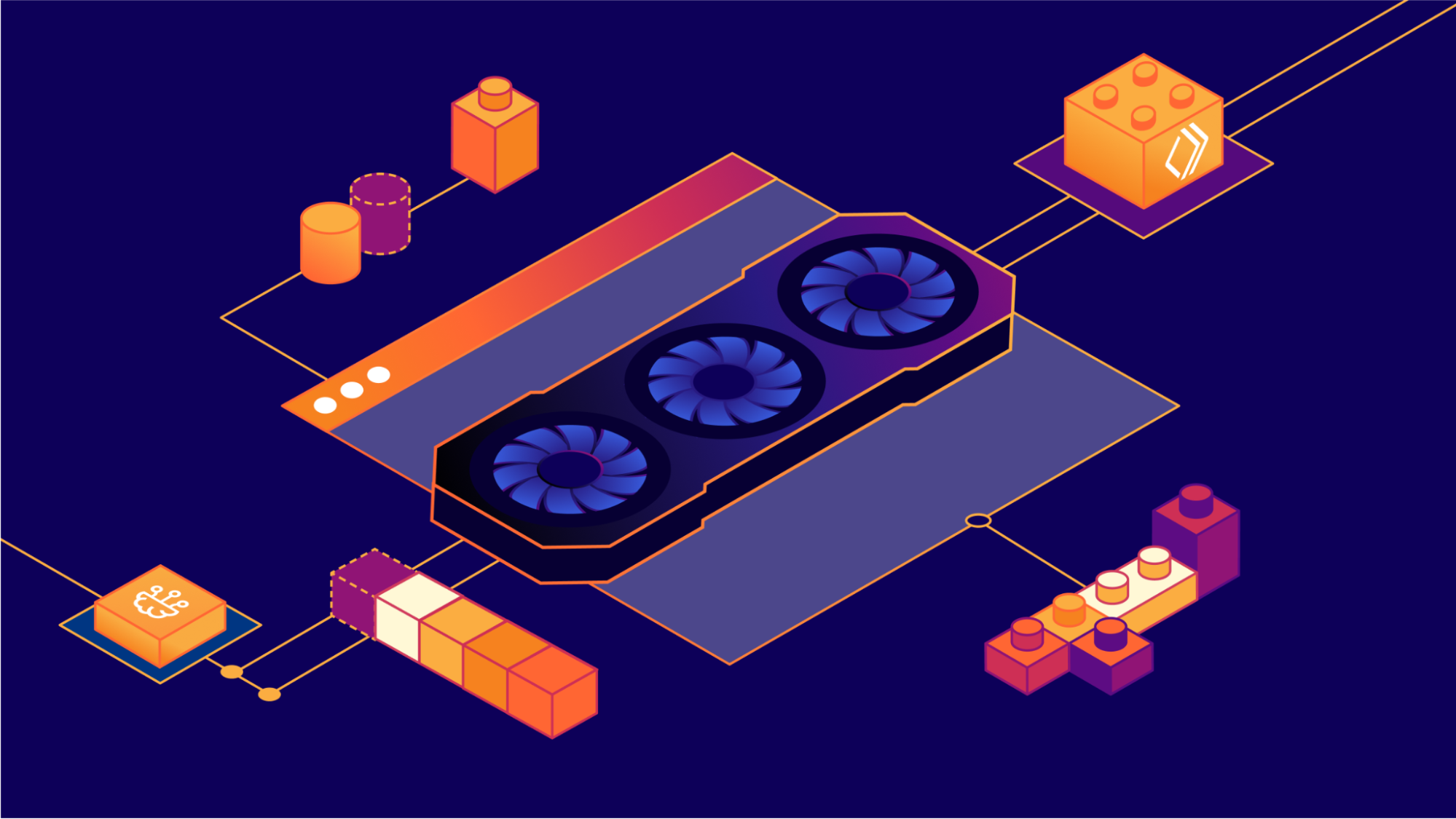
The browser as an app platform is real and stronger every day; long gone are the Browser Wars. Vendors and standard bodies have done amazingly well over the last years, working together and advancing web standards with new APIs that allow developers to build fast and powerful applications, finally comparable to those we got used to seeing in the native OS' environment.
Today, browsers can render web pages and run code that interfaces with an extensive catalog of modern Web APIs. Things like networking, rendering accelerated graphics, or even accessing low-level hardware features like USB devices are all now possible within the browser sandbox.
One of the most exciting new browser APIs that browser vendors have been rolling out over the last months is WebGPU, a modern, low-level GPU programming interface designed for high-performance 2D and 3D graphics and general purpose GPU compute.
Today, we are introducing WebGPU support to Cloudflare Workers. This blog will explain why it's important, why we did it, how you can use it, and what comes next.
The history of the GPU in the browser
To understand why WebGPU is a big deal, we must revisit history and see how browsers went from relying only Continue reading
Workers AI: serverless GPU-powered inference on Cloudflare’s global network
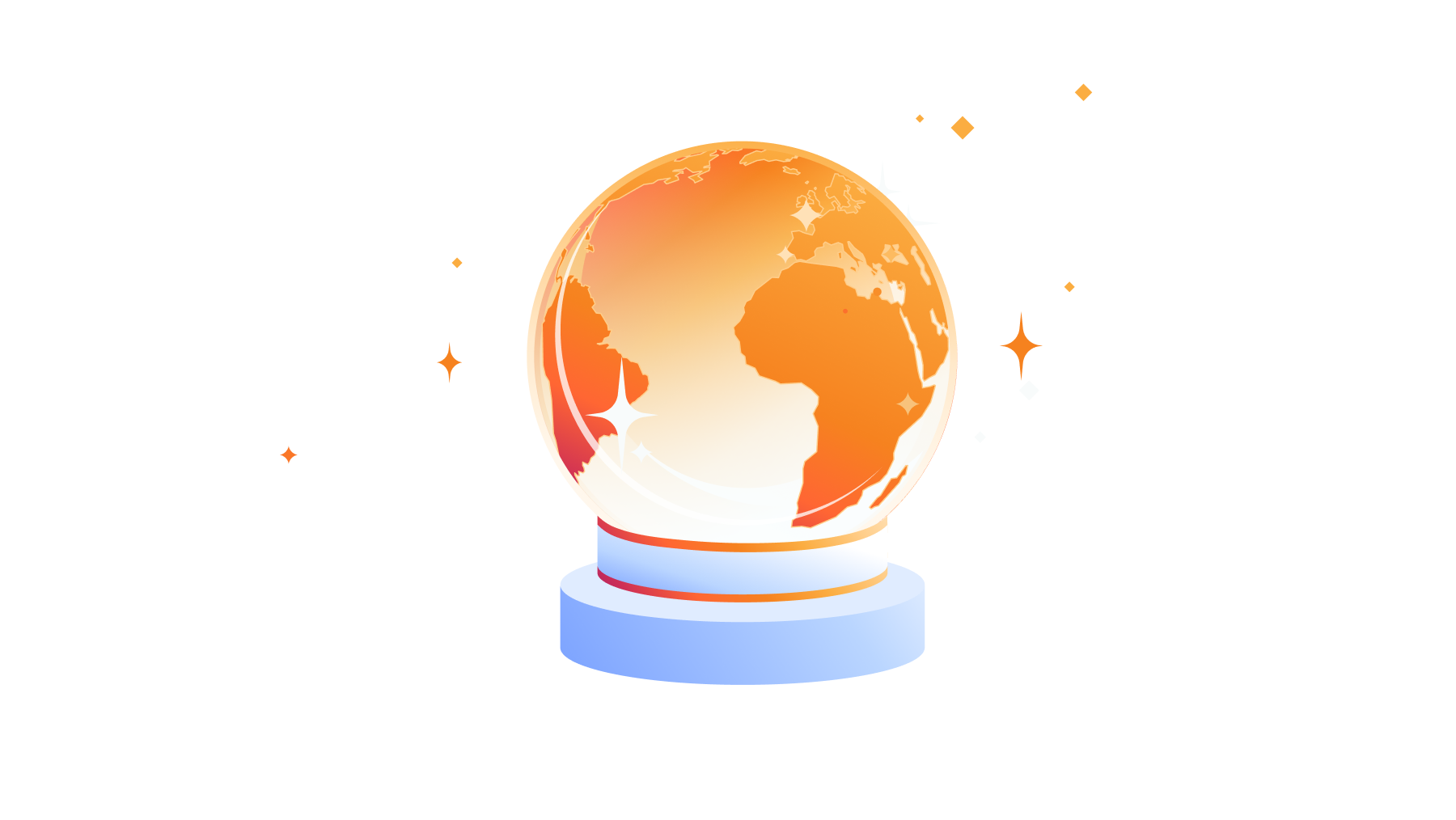

If you're anywhere near the developer community, it's almost impossible to avoid the impact that AI’s recent advancements have had on the ecosystem. Whether you're using AI in your workflow to improve productivity, or you’re shipping AI based features to your users, it’s everywhere. The focus on AI improvements are extraordinary, and we’re super excited about the opportunities that lay ahead, but it's not enough.
Not too long ago, if you wanted to leverage the power of AI, you needed to know the ins and outs of machine learning, and be able to manage the infrastructure to power it.
As a developer platform with over one million active developers, we believe there is so much potential yet to be unlocked, so we’re changing the way AI is delivered to developers. Many of the current solutions, while powerful, are based on closed, proprietary models and don't address privacy needs that developers and users demand. Alternatively, the open source scene is exploding with powerful models, but they’re simply not accessible enough to every developer. Imagine being able to run a model, from your code, wherever it’s hosted, and never needing to find GPUs or deal with setting up the infrastructure to support Continue reading
Writing poems using LLama 2 on Workers AI


Matthew and Michelle, co-founders of Cloudflare, published their annual founders’ letter today. The letter ends with a poem written by an AI running using Workers AI on Cloudflare’s global network.
Here’s the code that wrote the poem. It uses Workers AI and the Meta Llama 2 model with 7B parameters and 8-bit integers. Just 14 lines of code running on the Cloudflare global network, and you’ve got your very own AI to chat with.
import { Ai } from "@cloudflare/ai";
export default {
async fetch(request: Request, env: Env): Promise<Response> {
const body = await request.json();
const ai = new Ai(env.AI);
const response = await ai.run("@cf/meta/llama-2-7b-chat-int8", body);
return new Response(JSON.stringify(response));
},
};
export interface Env {
AI: any;
}
That was deployed on Workers AI and all I had to do was ask for poems. Here’s my terminal output (with just the domain name changed).
% curl -X POST https://example.com/ -d '{"prompt":"Write a poem \
that talks about the connectivity cloud"}' | jq -r .response
Cloud computing provides a connectivity that's unmatched,A bridge that spans the globe with ease and grace.It brings us closer, no matter where we are,And makes the world a Continue reading
Announcing AI Gateway: making AI applications more observable, reliable, and scalable


Today, we’re excited to announce our beta of AI Gateway – the portal to making your AI applications more observable, reliable, and scalable.
AI Gateway sits between your application and the AI APIs that your application makes requests to (like OpenAI) – so that we can cache responses, limit and retry requests, and provide analytics to help you monitor and track usage. AI Gateway handles the things that nearly all AI applications need, saving you engineering time, so you can focus on what you're building.
Connecting your app to AI Gateway
It only takes one line of code for developers to get started with Cloudflare’s AI Gateway. All you need to do is replace the URL in your API calls with your unique AI Gateway endpoint. For example, with OpenAI you would define your baseURL as "https://gateway.ai.cloudflare.com/v1/ACCOUNT_TAG/GATEWAY/openai" instead of "https://api.openai.com/v1" – and that’s it. You can keep your tokens in your code environment, and we’ll log the request through AI Gateway before letting it pass through to the final API with your token.
// configuring AI gateway with the dedicated OpenAI endpoint
const openai = new OpenAI({
apiKey: env.OPENAI_API_KEY,
baseURL: "https://gateway.ai. Continue readingPartnering with Hugging Face to make deploying AI easier and more affordable than ever 🤗
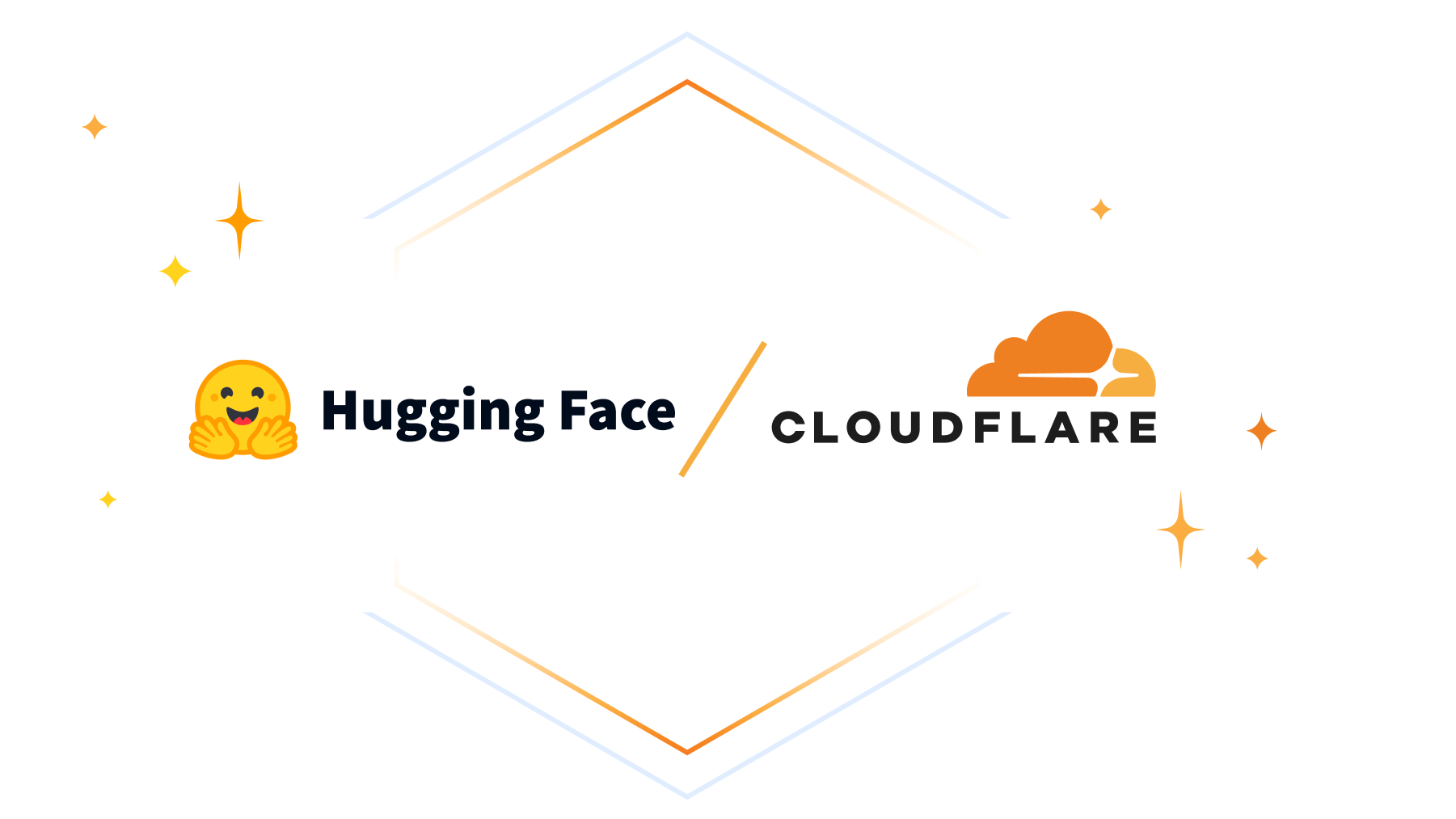
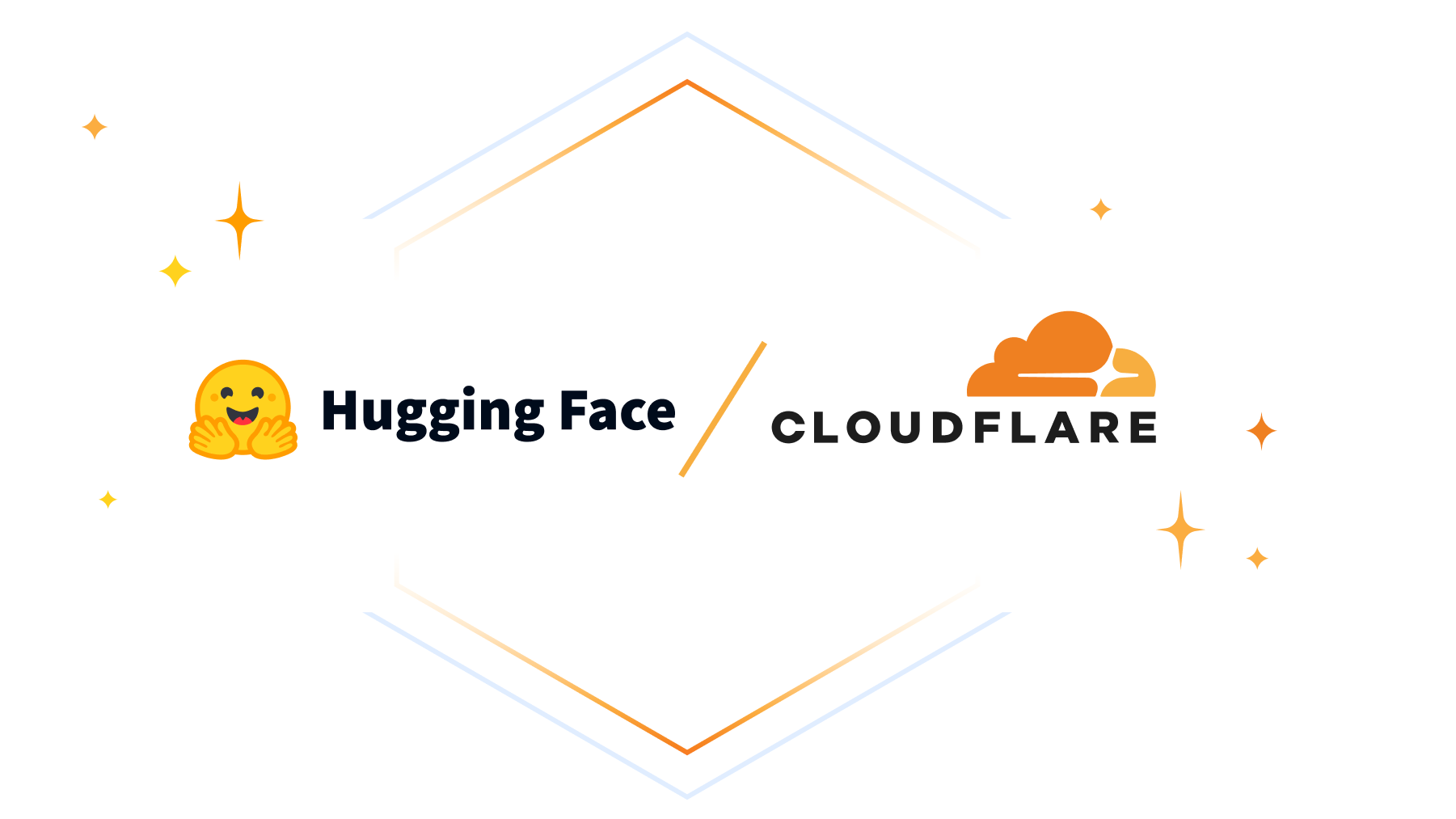
Today, we’re excited to announce that we are partnering with Hugging Face to make AI models more accessible and affordable than ever before to developers.
There are three things we look forward to making available to developers over the coming months:
- We’re excited to bring serverless GPU models to Hugging Face — no more wrangling infrastructure or paying for unused capacity. Just pick your model, and go;
- Bringing popular Hugging Face optimized models to Cloudflare’s model catalog;
- Introduce Cloudflare integrations as a part of Hugging Face’s Inference solutions.
Hosting over 500,000 models and serving over one million model downloads a day, Hugging Face is the go-to place for developers to add AI to their applications.
Meanwhile, over the past six years at Cloudflare, our goal has been to make it as easy as possible for developers to bring their ideas and applications to life on our developer platform.
As AI has become a critical part of every application, this partnership has felt like a natural match to put tools in the hands of developers to make deploying AI easy and affordable.
“Hugging Face and Cloudflare both share a deep focus on making the latest AI innovations as accessible and affordable Continue reading
Vectorize: a vector database for shipping AI-powered applications to production, fast
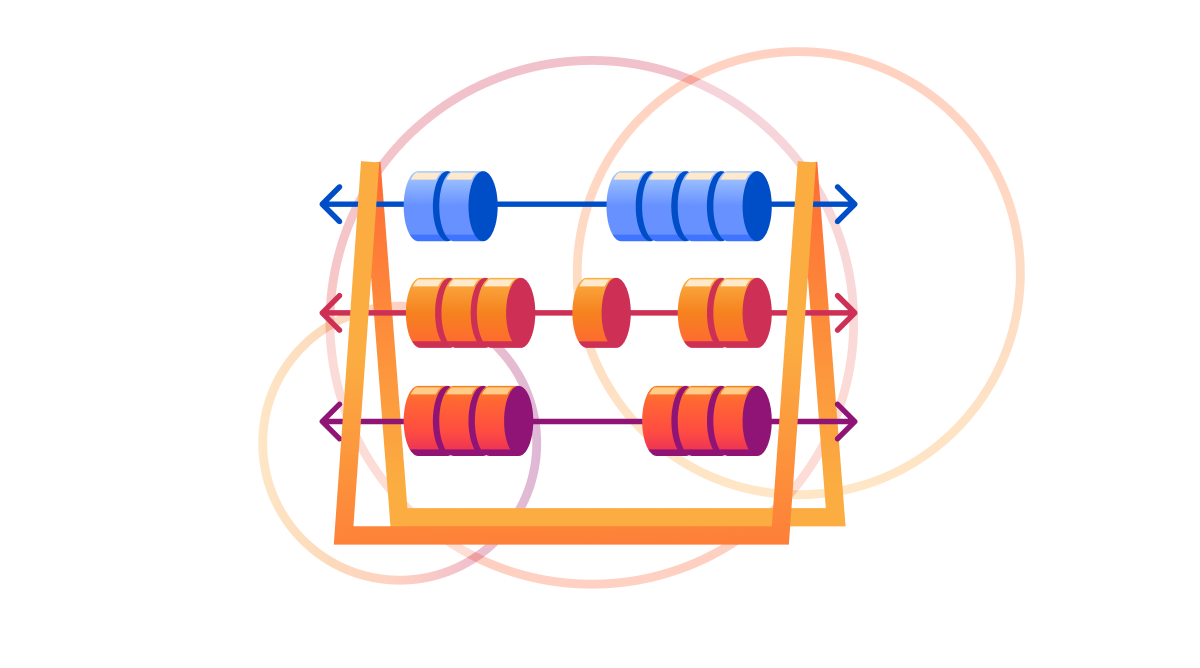
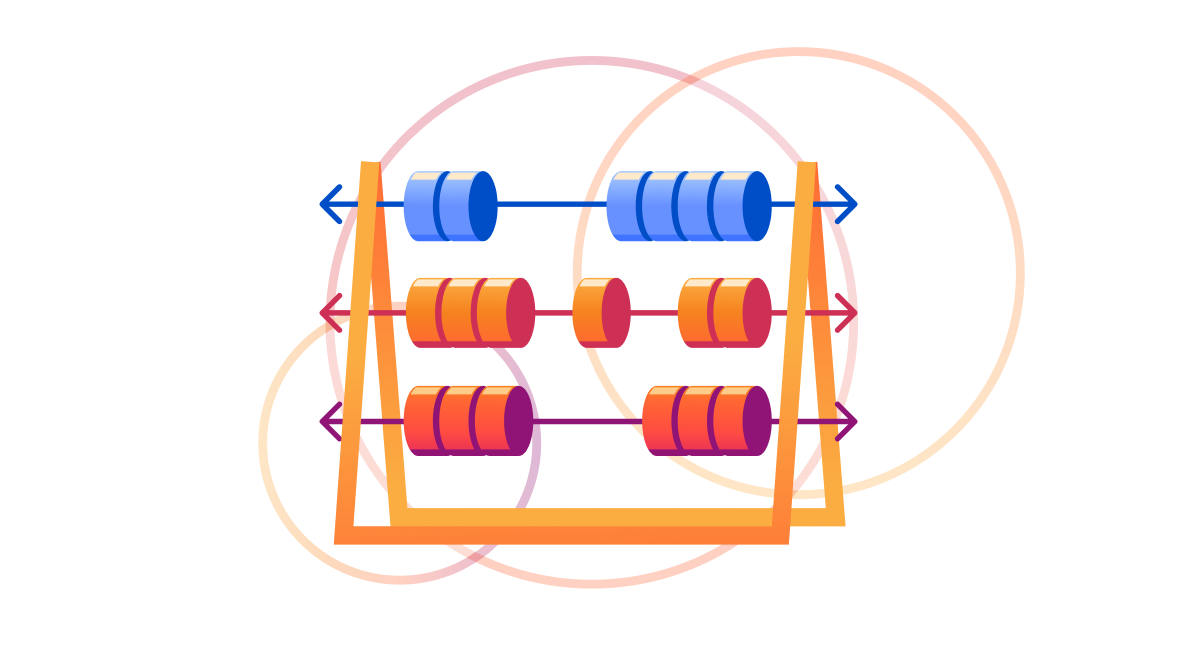
Vectorize is our brand-new vector database offering, designed to let you build full-stack, AI-powered applications entirely on Cloudflare’s global network: and you can start building with it right away. Vectorize is in open beta, and is available to any developer using Cloudflare Workers.
You can use Vectorize with Workers AI to power semantic search, classification, recommendation and anomaly detection use-cases directly with Workers, improve the accuracy and context of answers from LLMs (Large Language Models), and/or bring-your-own embeddings from popular platforms, including OpenAI and Cohere.
Visit Vectorize’s developer documentation to get started, or read on if you want to better understand what vector databases do and how Vectorize is different.
Why do I need a vector database?
Machine learning models can’t remember anything: only what they were trained on.
Vector databases are designed to solve this, by capturing how an ML model represents data — including structured and unstructured text, images and audio — and storing it in a way that allows you to compare against future inputs. This allows us to leverage the power of existing machine-learning models and LLMs (Large Language Models) for content they haven’t been trained on: which, given the tremendous cost of training models, turns Continue reading
What AI companies are building with Cloudflare
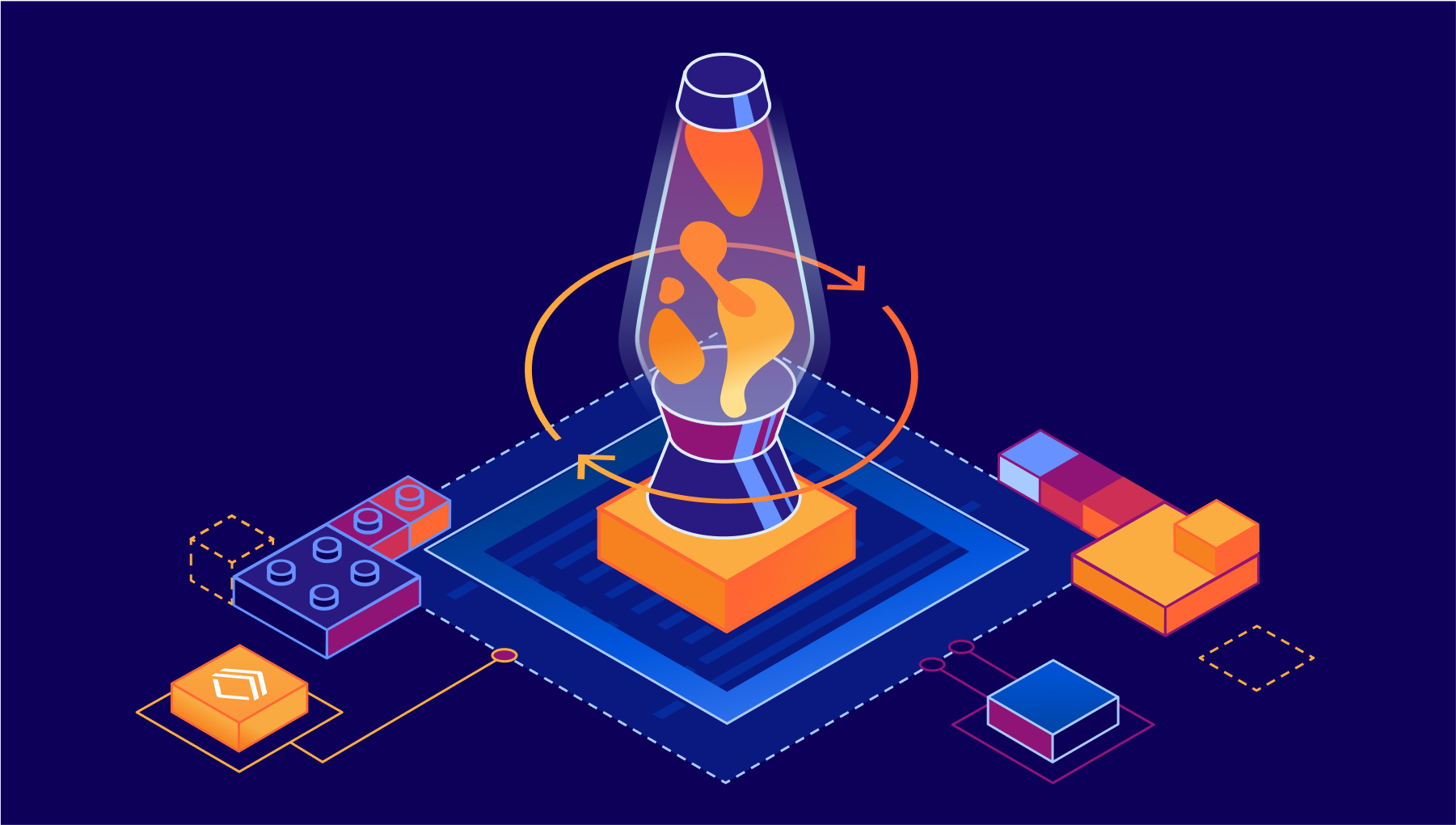

What AI applications can you build with Cloudflare? Instead of us telling you we reached out to a small handful of the numerous AI companies using Cloudflare to learn a bit about what they’re building and how Cloudflare is helping them on their journey.
We heard common themes from these companies about the challenges they face in bringing new products to market in the ever-changing world of AI ranging from training and deploying models, the ethical and moral judgements of AI, gaining the trust of users, and the regulatory landscape. One area that is not a challenge is trusting their AI application infrastructure to Cloudflare.
Azule.ai
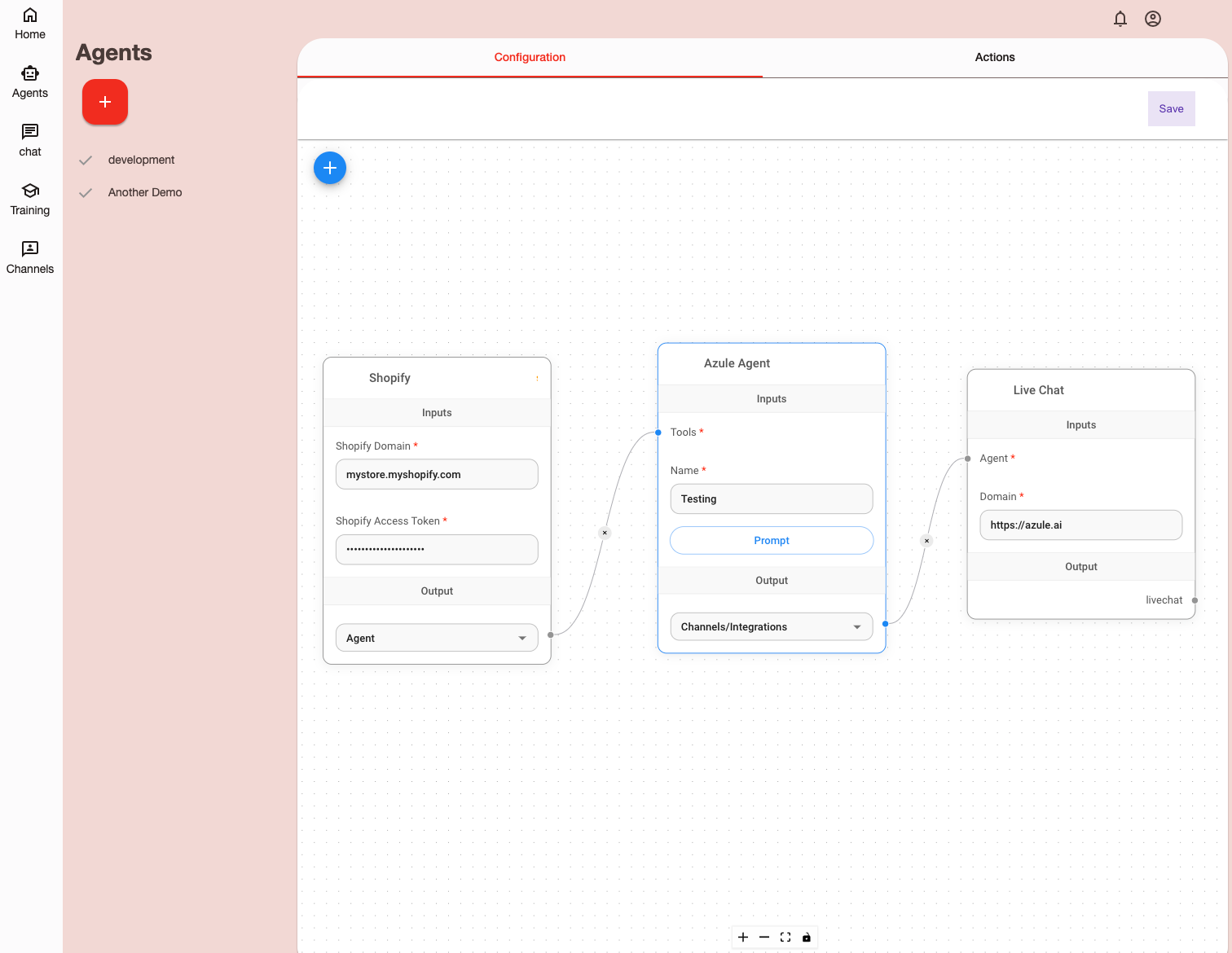
Azule, based in Calgary, Canada, was founded to apply the power of AI to streamline and improve ecommerce customer service. It’s an exciting moment that, for the first time ever, we can now dynamically generate, deploy, and test code to meet specific user needs or integrations. This kind of flexibility is crucial to create a tool like Azule that is designed to meet this demand, offering a platform that can handle complex requirements and provide flexible integration options with other tools.
The AI space is evolving quickly and that applies to the Continue reading
Cloudflare’s 2023 Annual Founders’ Letter


Cloudflare is officially a teenager. We launched on September 27, 2010. Today we celebrate our thirteenth birthday. As is our tradition, we use the week of our birthday to launch products that we think of as our gift back to the Internet. More on some of the incredible announcements in a second, but we wanted to start by talking about something more fundamental: our identity.

Like many kids, it took us a while to fully understand who we are. We chafed at being put in boxes. People would describe Cloudflare as a security company, and we'd say, "That's not all we do." They'd say we were a network, and we'd object that we were so much more. Worst of all, they'd sometimes call us a "CDN," and we'd remind them that caching is a part of any sensibly designed system, but it shouldn't be a feature unto itself. Thank you very much.
And so, yesterday, the day before our thirteenth birthday, we announced to the world finally what we realized we are: a connectivity cloud.
The connectivity cloud
What does that mean? "Connectivity" means we measure ourselves by connecting people and things together. Our job isn't to be the Continue reading
The best place on Region: Earth for inference


Today, Cloudflare’s Workers platform is the place over a million developers come to build sophisticated full-stack applications that previously wouldn’t have been possible.
Of course, Workers didn’t start out that way. It started, on a day like today, as a Birthday Week announcement. It may not have had all the bells and whistles that exist today, but if you got to try Workers when it launched, it conjured this feeling: “this is different, and it’s going to change things”. All of a sudden, going from nothing to a fully scalable, global application took seconds, not hours, days, weeks or even months. It was the beginning of a different way to build applications.
If you’ve played with generative AI over the past few months, you may have had a similar feeling. Surveying a few friends and colleagues, our “aha” moments were all a bit different, but the overarching sentiment across the industry at this moment is unanimous — this is different, and it’s going to change things.
Today, we’re excited to make a series of announcements that we believe will make a similar impact as Workers did in the future of computing. Without burying the lede any further, here they Continue reading
Welcome to connectivity cloud: the modern way to connect and protect your clouds, networks, applications and users

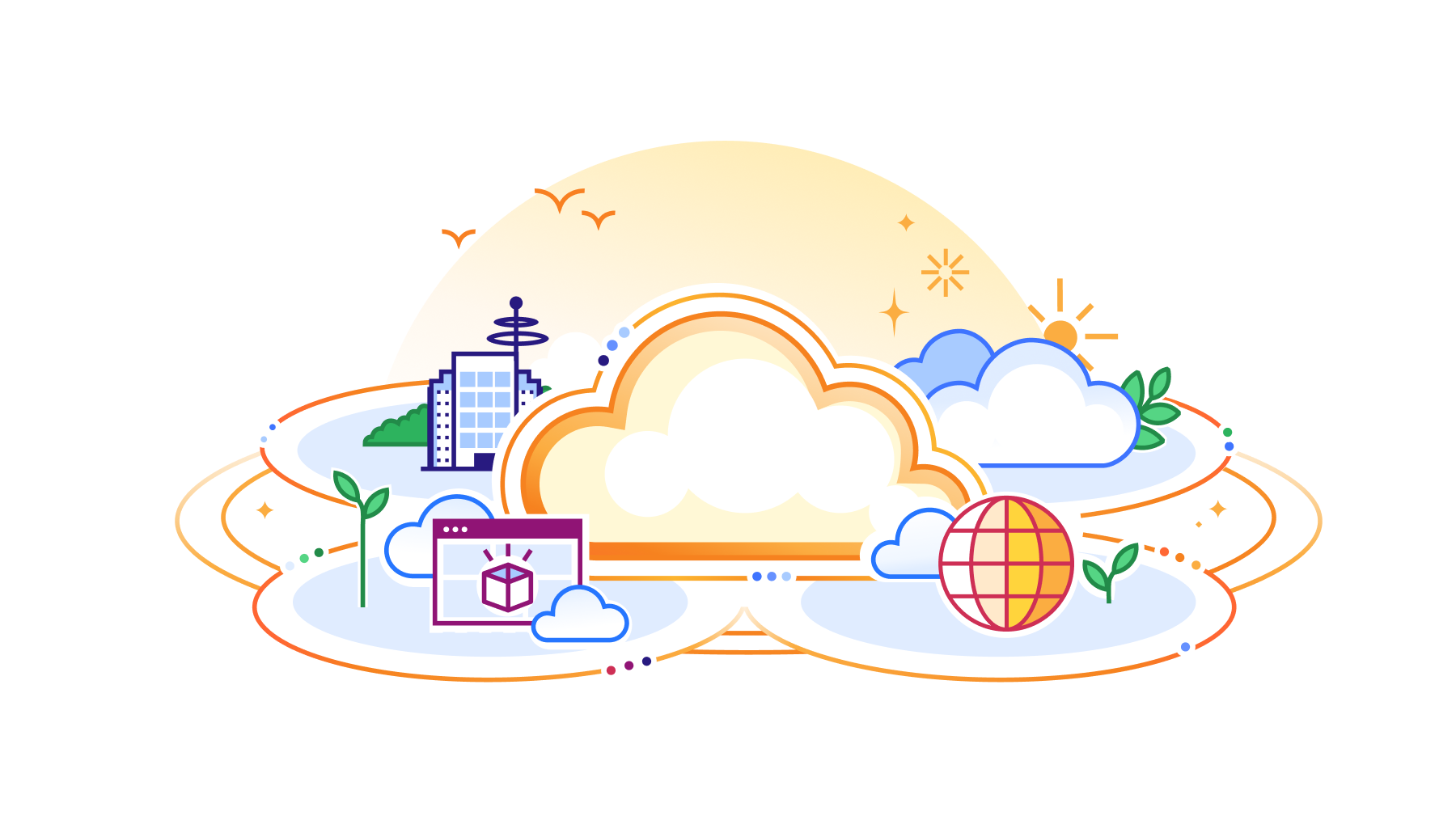
The best part of our job is the time we spend talking to Cloudflare customers. We always learn something new and interesting about their IT and security challenges.
In recent years, something about those conversations has changed. More and more, the biggest challenge customers tell us about isn’t something that’s easy to define. And it’s definitely not something you can address with an individual product or feature.
Rather, what we’re hearing from IT and security teams is that they are losing control of their digital environment.
This loss of control comes in a few flavors. They might express hesitance about adopting a new capability they know they need, because of compatibility concerns. Or maybe they’ll talk about how much time and effort it takes to make relatively simple changes, and how those changes take time away from more impactful work. If we had to sum the feeling up, it would be something like, “No matter how large my team or budget, it’s never enough to fully connect and protect the business.”
Does any of this feel familiar? If so, let us tell you that you are far from alone.

Reasons for loss of control
The rate of change in Continue reading
Sippy helps you avoid egress fees while incrementally migrating data from S3 to R2


Earlier in 2023, we announced Super Slurper, a data migration tool that makes it easy to copy large amounts of data to R2 from other cloud object storage providers. Since the announcement, developers have used Super Slurper to run thousands of successful migrations to R2!
While Super Slurper is perfect for cases where you want to move all of your data to R2 at once, there are scenarios where you may want to migrate your data incrementally over time. Maybe you want to avoid the one time upfront AWS data transfer bill? Or perhaps you have legacy data that may never be accessed, and you only want to migrate what’s required?
Today, we’re announcing the open beta of Sippy, an incremental migration service that copies data from S3 (other cloud providers coming soon!) to R2 as it’s requested, without paying unnecessary cloud egress fees typically associated with moving large amounts of data. On top of addressing vendor lock-in, Sippy makes stressful, time-consuming migrations a thing of the past. All you need to do is replace the S3 endpoint in your application or attach your domain to your new R2 bucket and data will start getting copied Continue reading
Traffic anomalies and notifications with Cloudflare Radar
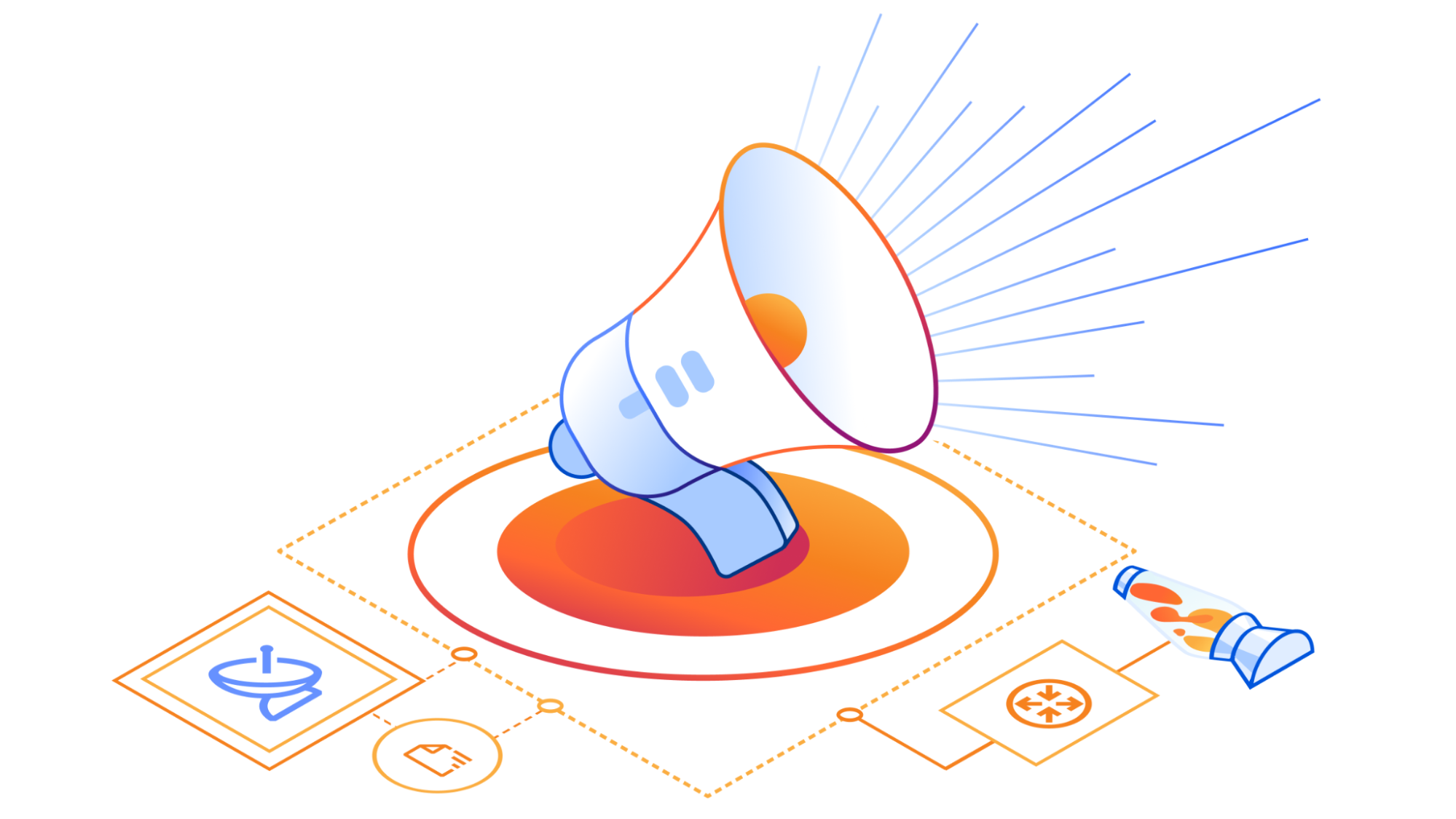
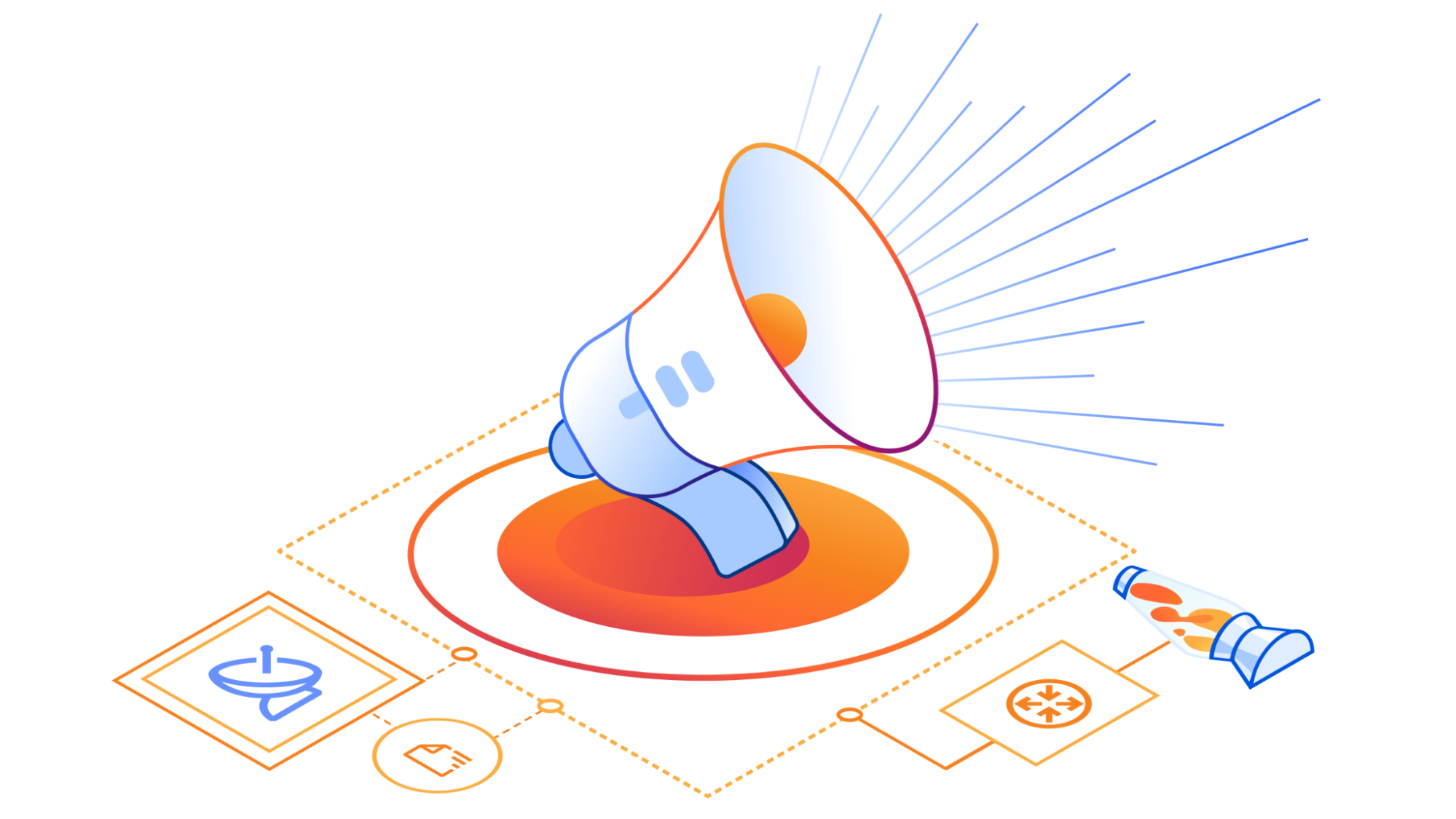
We launched the Cloudflare Radar Outage Center (CROC) during Birthday Week 2022 as a way of keeping the community up to date on Internet disruptions, including outages and shutdowns, visible in Cloudflare’s traffic data. While some of the entries have their genesis in information from social media posts made by local telecommunications providers or civil society organizations, others are based on an internal traffic anomaly detection and alerting tool. Today, we’re adding this alerting feed to Cloudflare Radar, showing country and network-level traffic anomalies on the CROC as they are detected, as well as making the feed available via API.
Building on this new functionality, as well as the route leaks and route hijacks insights that we recently launched on Cloudflare Radar, we are also launching new Radar notification functionality, enabling you to subscribe to notifications about traffic anomalies, confirmed Internet outages, route leaks, or route hijacks. Using the Cloudflare dashboard’s existing notification functionality, users can set up notifications for one or more countries or autonomous systems, and receive notifications when a relevant event occurs. Notifications may be sent via e-mail or webhooks — the available delivery methods vary according to plan level.
Traffic anomalies
Internet traffic generally follows Continue reading
Amazon’s $2bn IPv4 tax — and how you can avoid paying it
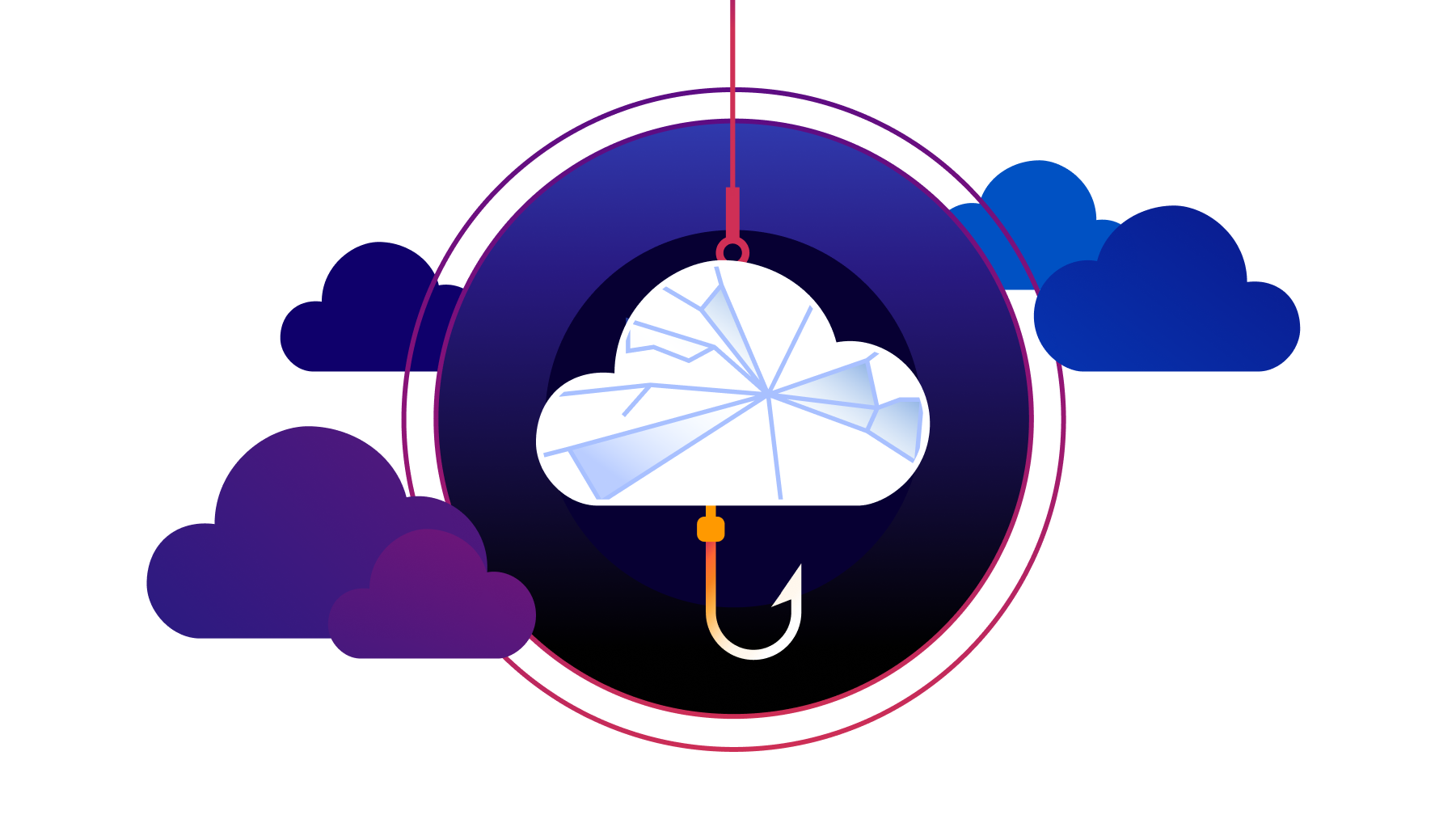
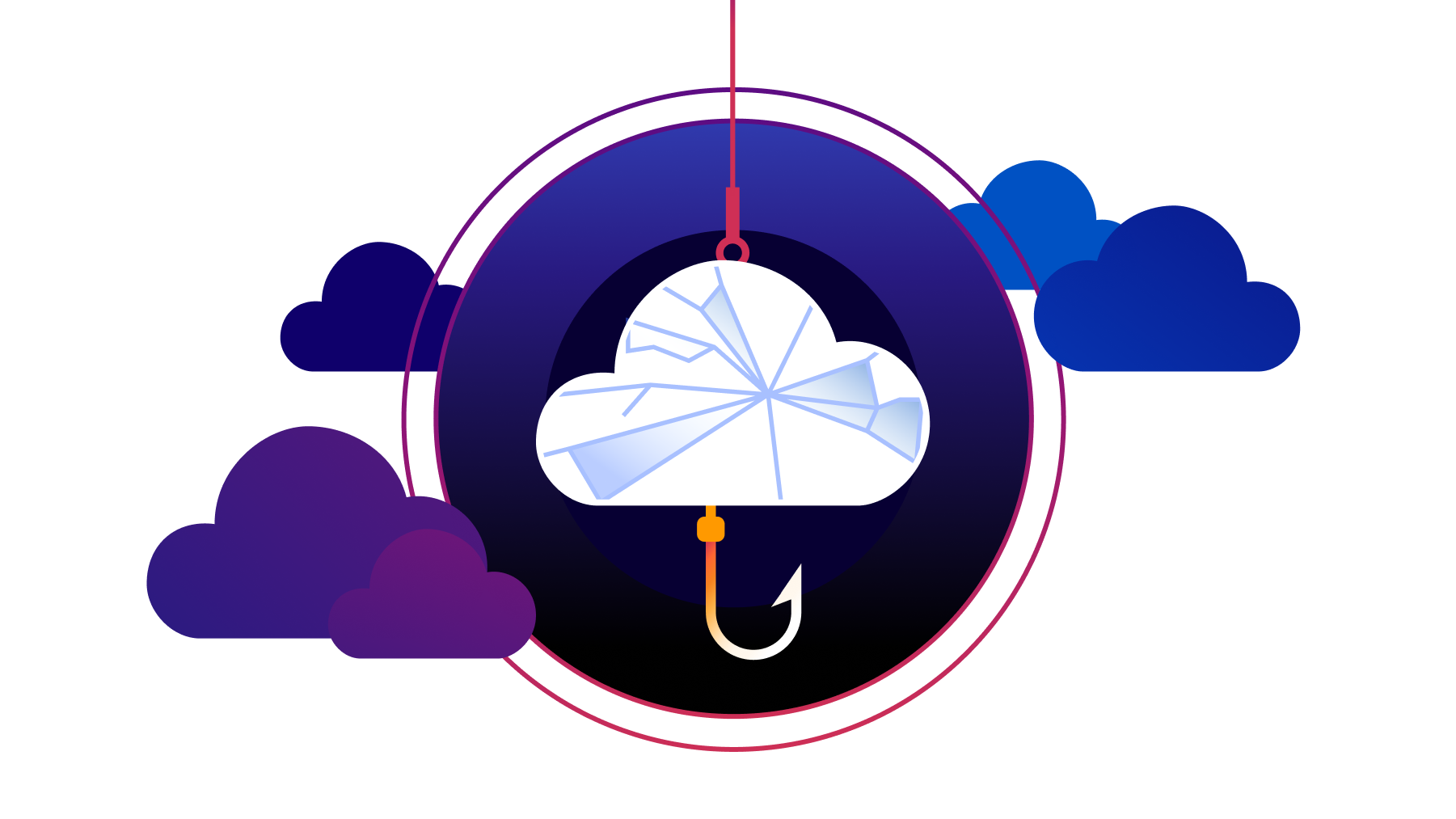
One of the wonderful things about the Internet is that, whether as a consumer or producer, the cost has continued to come down. Back in the day, it used to be that you needed a server room, a whole host of hardware, and an army of folks to help keep everything up and running. The cloud changed that, but even with that shift, services like SSL or unmetered DDoS protection were out of reach for many. We think that the march towards a more accessible Internet — both through ease of use, and reduced cost — is a wonderful thing, and we’re proud to have played a part in making it happen.
Every now and then, however, the march of progress gets interrupted.
On July 28, 2023, Amazon Web Services (AWS) announced that they would begin to charge “per IP per hour for all public IPv4 addresses, whether attached to a service or not”, starting February 1, 2024. This change will add at least \$43 extra per year for every IPv4 address Amazon customers use; this may not sound like much, but we’ve seen back of the napkin analysis that suggests this will result in an approximately \$2bn tax on Continue reading
Image optimization made simpler and more predictable: we’re merging Cloudflare Images and Image Resizing
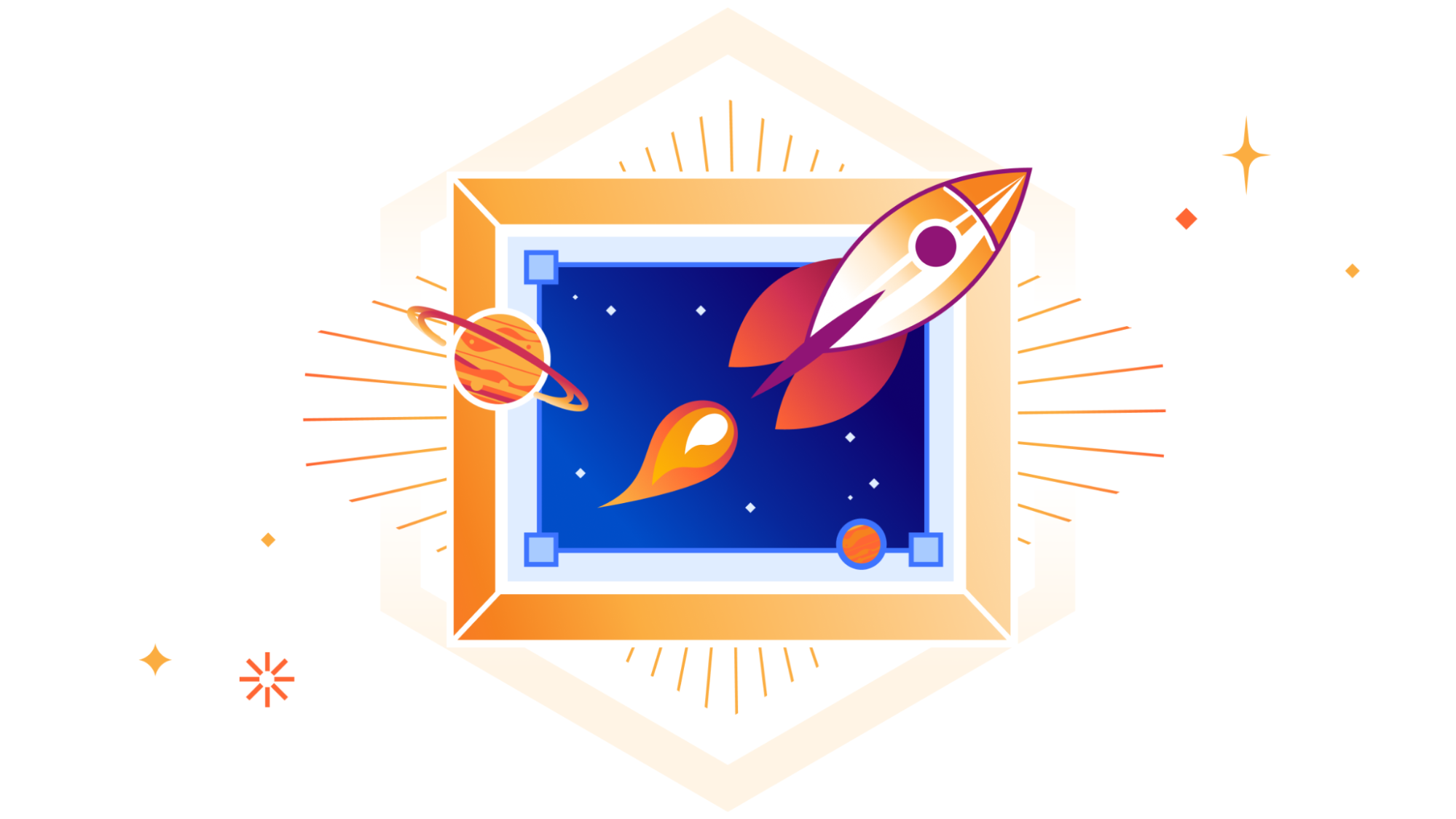

Starting November 15, 2023, we’re merging Cloudflare Images and Image Resizing.
All Image Resizing features will be available as part of the Cloudflare Images product. To let you calculate your monthly costs more accurately and reliably, we’re changing how we bill to resize images that aren’t stored at Cloudflare. Our new pricing model will cost $0.50 per 1,000 unique transformations.
For existing Image Resizing customers, you can continue to use the legacy version of Image Resizing. When the merge is live, then you can opt into the new pricing model for more predictable pricing.
In this post, we'll cover why we came to this decision, what's changing, and how these changes might impact you.
Simplifying our products
When you build an application with images, you need to think about three separate operations: storage, optimization, and delivery.
In 2019, we launched Image Resizing, which can optimize and transform any publicly available image on the Internet based on a set of parameters. This enables our customers to deliver variants of a single image for each use case without creating and storing additional copies.
For example, an e-commerce platform for furniture retailers might use the same image of a lamp on Continue reading